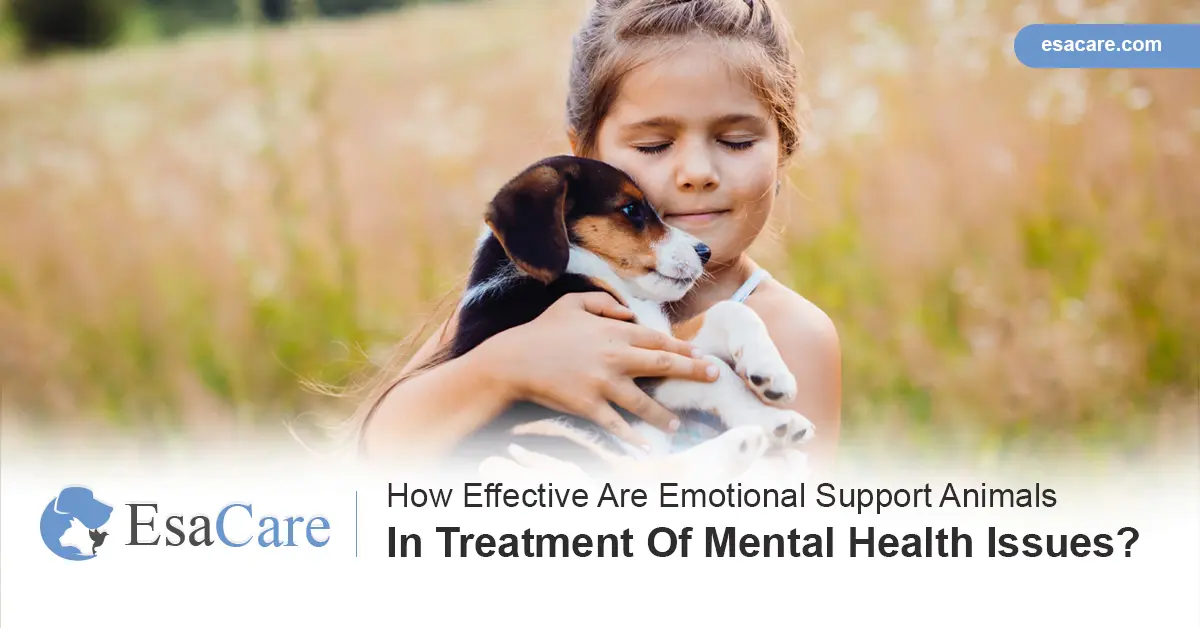Recommended Suggestions For Choosing Dog Skin Allergy Treatment
Wiki Article
What Are The Most Prevalent Ailments That Can Be A Problem For Animals?
The medical conditions of animals differ depending on the animal's species, age, as well as the overall health of the individual animal. Common medical conditions in animals include
Heart Disease. Heart failure in animals, particularly older, may result in decreased cardiac function. Endocrine disorders: Hormonal imbalances may cause animals to be unwell.
DiabetesThe disease Diabetes is a severe condition that can be found in both animals and humans. Treatment involves insulin therapy, dietary changes and diet adjustments.
Renal (Kidney Disease) - Kidney disease can be prevalent in cats and dogs who are older. It could need medical treatment as well as dietary changes.
Bladder and Urinary Tract Issues- Conditions like urinary tract infections, bladder stones, and urinary incontinence could be a problem for animals.
Allergies. Animals can be affected by allergies to food or environmental factors, as well as contact allergies that may cause skin and digestive problems.
Behavioral Issues: Behavior issues, such as anxiety or aggression, can cause harm to the health of your pet, and could require the intervention of a vet.
Injuries and WoundsUnintentional injuries, fights or falls can cause injuries, fractures and soft tissue injuries which require medical attention.It's crucial to remember the importance of early detection and prevention. are key for maintaining the health and well-being of animals. A healthy diet, regular vet visits, vaccinations, preventive measures against parasites, and regular check-ups can all help prevent frequent medical problems. If your pet exhibits symptoms of discomfort or illness, it is important to seek immediate medical attention. The best of the finest natural pet supplements for website advice.

What Are The Best Supplements, Probiotics, And Supplements For Dogs To Give Them?
It is important to consider your dog's individual needs and the recommendations from a veterinarian before deciding on supplements, probiotics, or vitamins. While it is important to provide a balanced and nutritious diet for your pet, certain may benefit from adding supplements. Here are some common supplements your dog can take and their possible benefits:
Multivitamins. Good quality dog food will contain the majority of the vitamins essential to your dog. Multivitamin supplements can be beneficial for dogs that is a pet with special needs for diet or restrictions. If you're giving your dog a vitamin supplement, make sure that it is specifically designed specifically for these specific needs. In excess of some vitamins may cause toxic effects. Omega-3 Fatty Acids: Omega-3 fats such fish oil or flaxseed are great for the coat, skin and joints. They also can reduce inflammation. Dogs suffering from allergies, skin problems, arthritis or other issues are usually advised to take them.
Probiotics - Probiotics, or beneficial bacteria, can help aid digestion and maintain having a healthy microbiome in your digestive tract. They are typically used for digestive issues, like diarrhea, and to boost the immune system.
Glucosamine & Chondroitin - These supplements assist in maintaining joint health, and can reduce symptoms in dogs suffering from arthritis.
Talk to your vet before giving your pet any nutritional supplements. They can give advice tailored for your dog's specific needs. Your dog's health, age and size can affect the dosage. Too much supplementation could result in damage. It is essential to choose supplements that are made by reliable producers. Talk to your vet for any odd signs or reactions. A well-balanced and veterinarian-recommended diet is typically the best way to meet your dog's nutritional needs, and supplements should only be used when necessary and under professional guidance. Look over the top pet stress relief with herbs for blog recommendations.

How Prevalent Is Kidney Failure, Skin Allergies And Yeast Infections In Dogs? What Are The Treatments?
Yeast infections, skin allergies as well as kidney failure could be seen in dogs and their prevalence varies based on factors like breed age, breed, and general health. This article will provide a brief overview of these conditions and their potential treatments.
Skin Allergies - Prevalence - Skin allergies impact a large part of dogs. Food, environmental factors such as pollen or dust mites or contact allergy can cause allergies.
Symptoms can include itching or skin redness. Other symptoms may be the loss of hair, ear infections, or hot spots.
Treatment- To treat skin allergies, it's essential to recognize and reduce exposure to allergens. Treatment options include antihistamines as well as corticosteroids as well as hypoallergenic food items, medicines such as cyclosporine, as well as hypoallergenic diets. Long-term management may include testing for allergies and immunotherapy.
Although these conditions are affecting dogs, not every dog is affected. The prevalence of these conditions will vary among breeds and dogs. Regularly scheduled veterinary examinations as well as a healthy diet along with preventative measures such flea control and proper sanitation could assist in reducing this risk. It is recommended to consult with your vet for a precise diagnosis of any medical issues that could be affecting your dog, like the presence of skin allergies or kidney disorders. Early intervention can lead to more positive outcomes and a better health for your dog. The very best of the best pet herbal supplements for guard dogs for more info.
